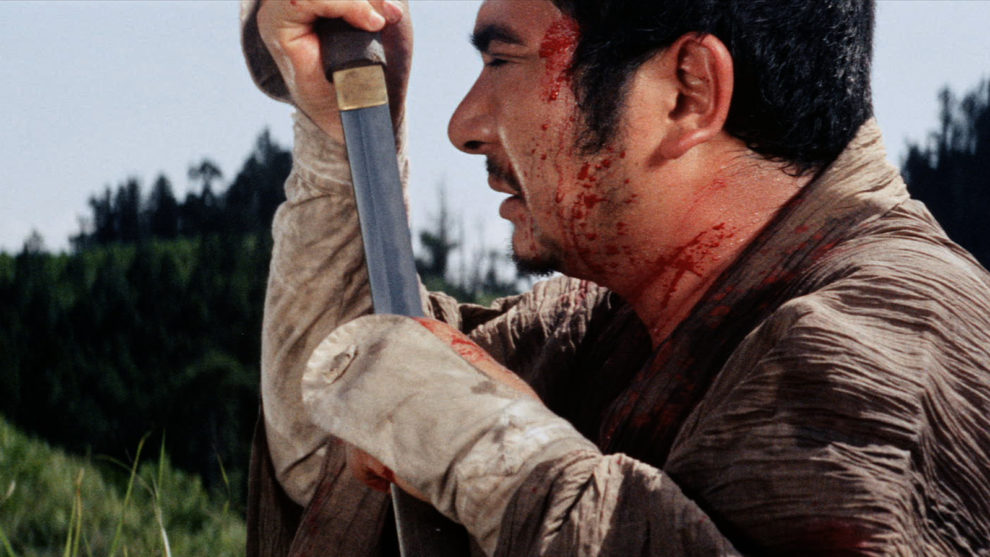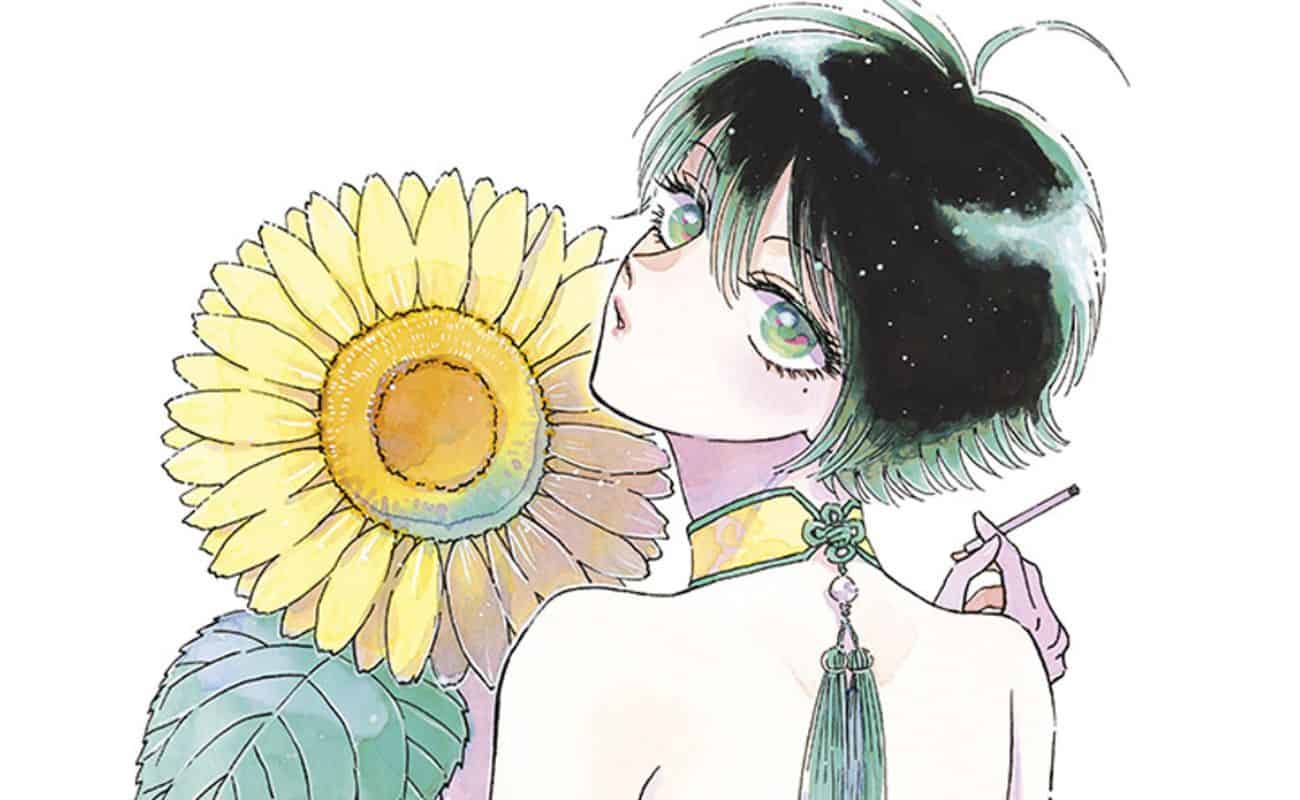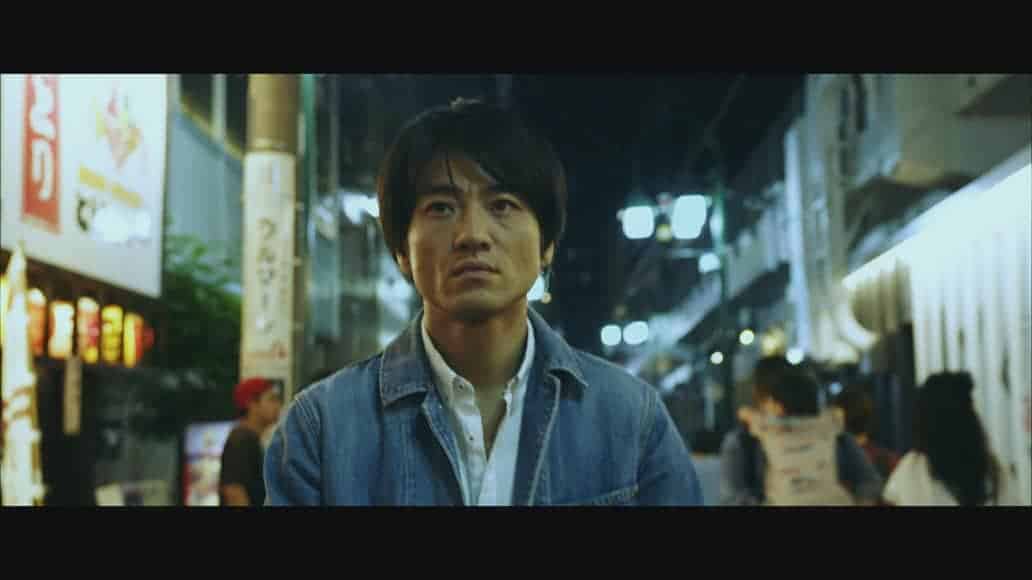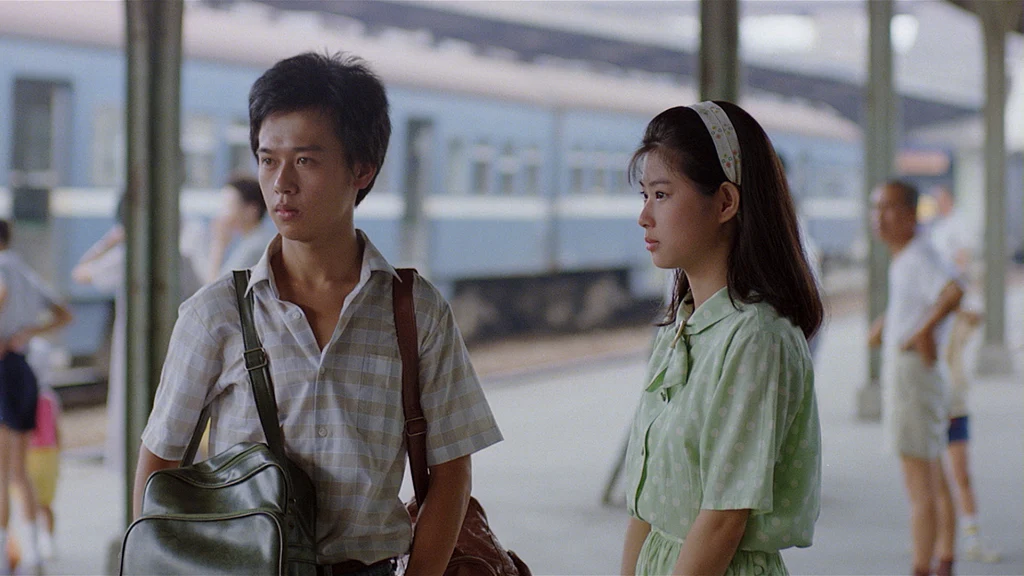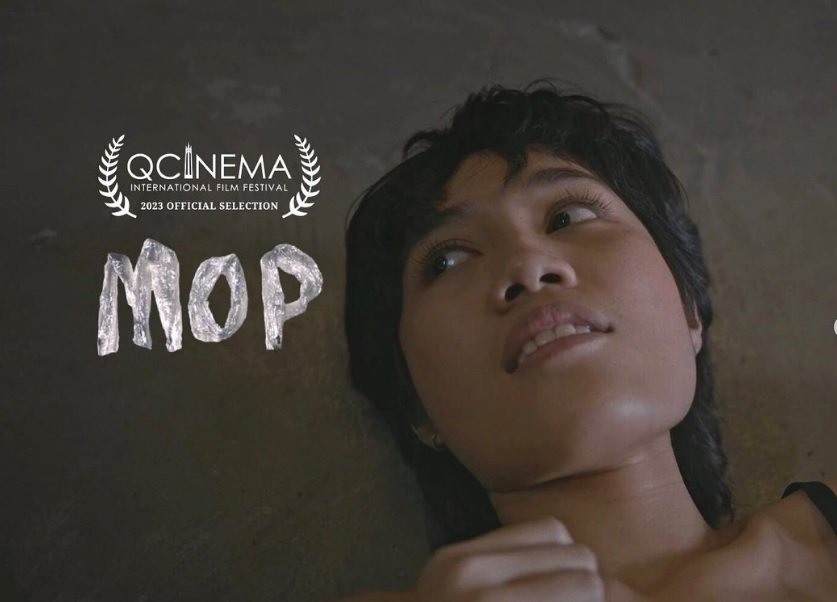By the sixteenth installment of the popular Zatoichi-franchise, its main star Shintaro Katsu had become a household name in his home country Japan and thus demanded more artistic control in the creative decisions in the rest of the movies of the series. With the foundation of his own production company, Katsu would not only continue playing the titular role of the blind masseur, but would also be one of the series' producers, starting with “Zatoichi the Outlaw”, the first installment for director Satsuo Yamamoto, whose political ideals may have influenced the tone of the feature. Additionally, it includes one of the many instances in which the blind masseur questions his way of life, the way he is forced to kill people and whether there might be the possibility of a different direction in his life.
Buy This Title
Upon his travels through rural Japan, Zatoichi (Katsu) comes across a familiar sight, a village whose population, mainly farmers and workers, are exploited by the local yakuza, whose boss initially welcomes the blind masseur among his ranks. Realizing he has encountered Zatoichi, a legendary swordfighter and the center of many tales and much gossip, he orders him to give a message to fellow yakuza boss Asagoro (Rentaro Mikuni). Upon hearing his ideas about not exploiting the farmers and trying to find some kind of natural equilibrium with them, which would benefit both sides, Zatoichi is quite impressed and wants to support Asagoro taking control over the village. He is even more taken with a ronin by the name of Shushi Ohara (Mizuho Suzuki) whose pleas for non-violent solutions and unity among the farmers have gained him a large group of followers.
Eventually, these two encounters result in Zatoichi contemplating the path he has chosen for himself in his life, and upon defeating the ruling yakuza boss, thus confirming Asagoro's status as the new head of the local yakuza, he gets a job at a massage salon far away from the village. However, when he hears about the terrible turn of events and the consequences of his actions which resulted in Asagoro becoming an even more heartless ruler than the previous yakuza boss, he decides it is time to right the wrongs once more.
Within the context of the whole franchise, naturally there are some entries which stand out, but “Zatoichi the Outlaw” may be one of the most interesting and odd movies of the series. While the story contains some of the elements which audiences have grown accustomed to in the last fifteen movies, both thematically and aesthetically, its strong political undertones are quite surprising as well as refreshing for the franchise. Utilizing Zatoichi's role as the outsider and the keen observer of certain conditions, the blind masseur becomes the perfect character to embody an era in dire need of re-thinking its ideals, habits and, above all, the destruction it has caused. Entries such as “Zatoichi's Pilgrimage” and “Zatoichi's Cane Sword” had already shown the contemplative side of the character, but in Satsuo Yamamoto's addition to the franchise, these concepts are not only better implemented within the story, they also highlight the toll his travels and many fights have taken on a man who may also long for life in peace and harmony.
Apart from Shintaro Katsu delivering one of the most memorable performances in the series, especially in the more emotional scenes in the final act, Rentaro Mikuni and Mizuho Suzuki are important additions to the story. With many of the villains in the series being rather forgettable, Mikuni's Asagoro seems to suggest a more human side, a character who is eventually corrupted by power, thus highlighting the cycle of violence and exploitation which is seemingly unstoppable and which destroys even the most honorable and sensible ideals.
“Zatoichi the Outlaw”, apart from containing many of the series' familiar elements, is one of the most interesting entries into the franchise. With its strikingly political tone, it shows not only a different side to the main character and his world, but also reflects the social upheaval of the 1960s, especially whether mankind is forced to stay within a cycle of violence or whether it may be possible to break with this condition.


